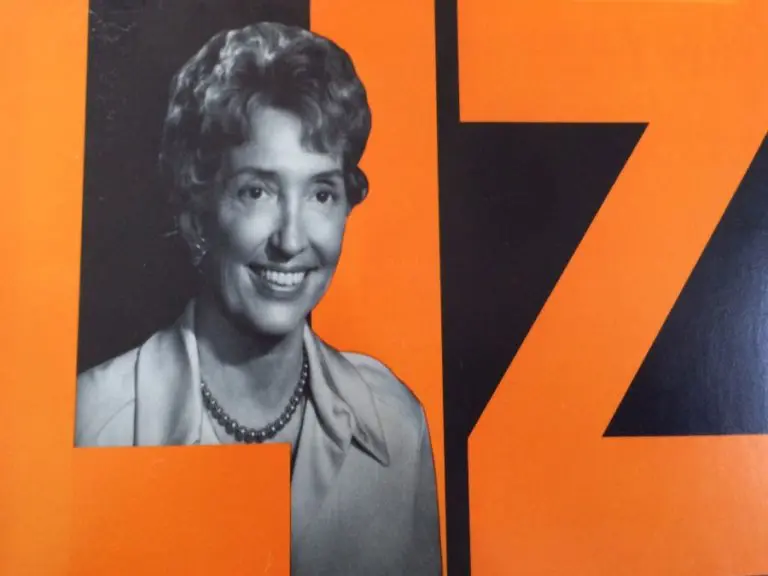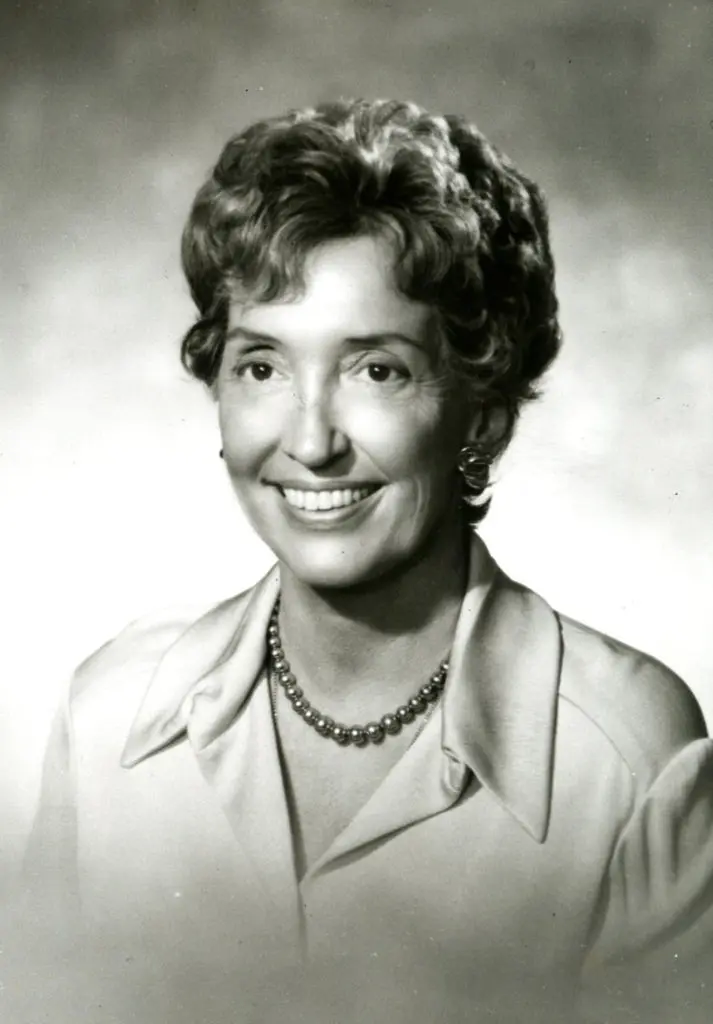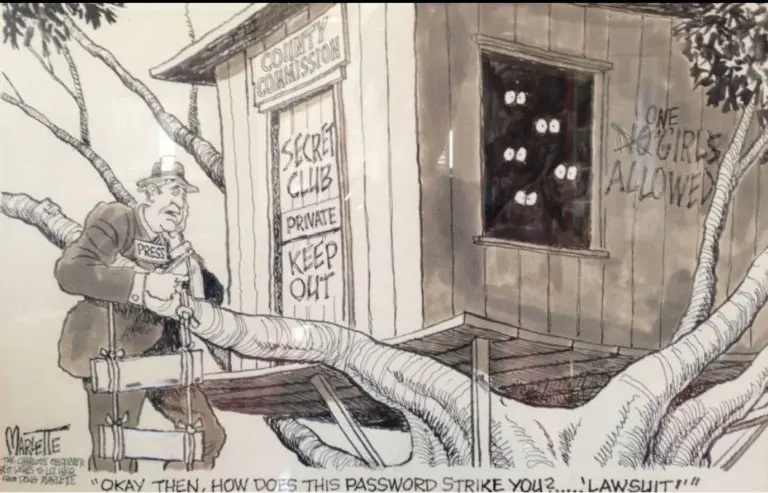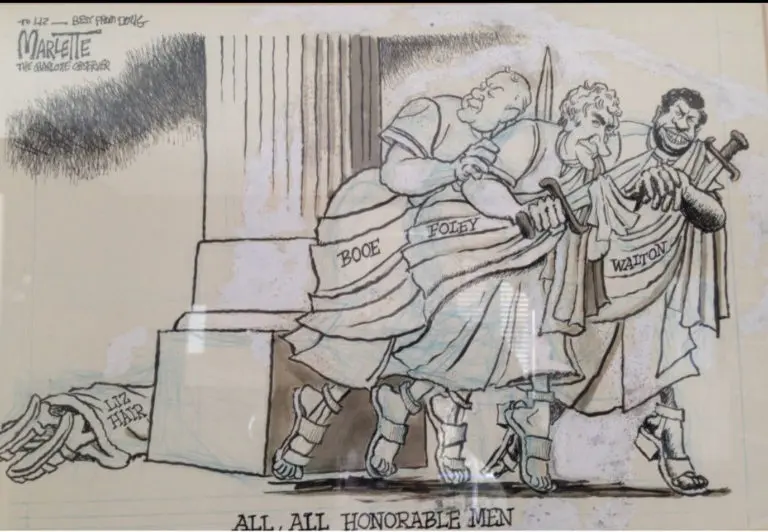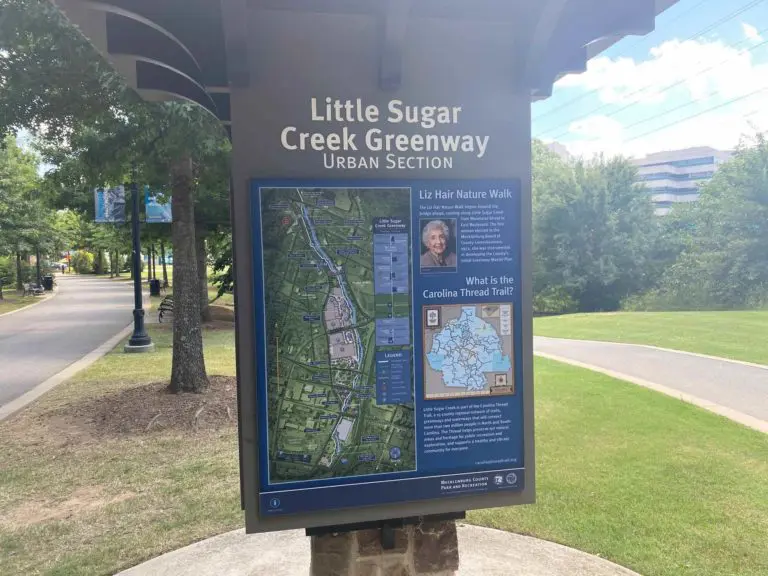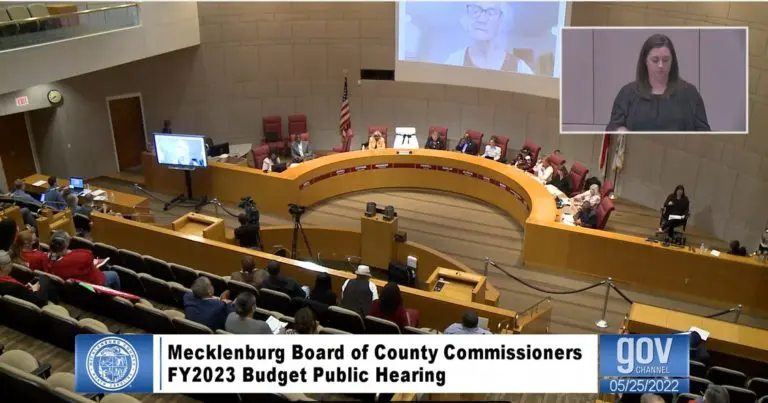Charlotte is one of the fastest-growing cities in the United States and is ranked as the 15th most populous city in the nation. It’s also the largest city by population in North Carolina. As of 2022, Charlotte’s population is estimated to be 897,720; Mecklenburg county’s population is estimated to be 1,145,392, making it the second largest county by population in the state. How do you govern that many people, and who gets to govern?
The North Carolina State Constitution, approved in 1868, gave the citizens of all counties the right to elect a Board of County Commissioners to govern them. Mecklenburg County’s Board of County Commissioners (BOCC) is in the Charlotte-Mecklenburg Government Center at 600 East 4th Street. The Government Center that we are most familiar with was built in 1977, with the BOCC previously located in the old Mecklenburg County Courthouse. The Charlotte-Mecklenburg Government Center is the nerve center of the governments of both Charlotte and Mecklenburg County, where all the major decisions are made.
For decades, the BOCC consisted of white men until Elisabeth “Liz” Hair was elected to the BOCC in 1972 and became chairperson by 1974. The first Black person elected to the BOCC was Rowe “Jack” Motley in 1974. From 1868 to 1986, Mecklenburg County was governed by a five member BOCC elected at-large. In 1986, a seven-member board took office and, in 1994, the first nine-member BOCC that we are familiar with today. Hair was the first woman to be elected to the BOCC. She had been involved with politics since she was a child, when she handed out “Green for Congress” cards for her father’s unsuccessful campaign.
When Hair and her family arrived in Charlotte in 1949, she believed she would be coming to a Democratic sanctuary, but instead she encountered a Republican camp. The Democrats did not have a foothold in Charlotte. Hair began helping a neighbor who was running for office, and by 1957, she had founded the Mecklenburg County Democratic Women’s Club, which met in her living room. It was said that a candidate couldn’t win the Democratic primaries without the group’s support.
Hair worked her way into Charlotte’s political scene and she was appointed to the County Board of Elections in 1960. She was the first female chair of the Board and oversaw the installation of electronic voting machines. Elections for the BOCC are held in November of even-numbered years. The elected commissioners take office on the first Monday in December following the November election. A chairman and vice chairman are elected at the BOCC’s first meeting in December.
Liz Hair was initially not planning to run for a seat on the all-male BOCC. She was supporting her friend Betty Chafin Rash to run for the seat. Rash thought Hair was a strong fit and had good name recognition. She campaigned and won the seat in 1972.
While Hair was in office, she was able to use her position to get both Republicans and Democrats to push for the expansion of Charlotte-Douglas Airport. This expansion was necessary and helped the airport grow into the asset that it is today. Hair also helped create Mecklenburg County’s first affirmative action plan.
During Hair’s time in office, she faced intense sexism as the first female member of the Board. Her male counterparts suggested she be the “hostess” at her first county commissioner meeting. She noticed her male counterparts were having secret meetings in the men’s room. Despite blatant acts of sexism, she became chairwoman of the Board in 1974. She served two terms as chair of the BOCC, until two Democrats and one Republican worked to unseat her as chairwoman in 1977.
After her time as a County Commissioner, Hair was able to focus on programs for women, children, and senior citizens. She was a supporter of the arts and education. She helped establish the NC Ballet Theater when it moved to Charlotte. She served on the UNC Charlotte Board of Trustees and the North Carolina Community College Board. Hair was an advocate for the Clean Air Coalition, the environment and the creation of a “green necklace” around the city, which led the county to name a section of Little Sugar Creek Greenway the “Liz Hair Nature Trail.”
Charlotte and Mecklenburg County continue to be governed by officials elected by their residents, and people are continuing to make their mark on Charlotte’s story. Elisabeth “Liz” Hair made her mark on Charlotte’s history as a trailblazer and devoted public servant, whose contributions bettered Mecklenburg County. Today six members are elected by districts and three are elected at-large for the BOCC. A Commissioner At-Large is a designation for Mecklenburg County Commissioners who are elected or appointed to represent the whole membership of the county. The BOCC’s major responsibilities include adopting the annual county budget, setting the county property tax rate, and assessing and establishing priorities on the many community needs, especially those related to health, education, welfare, mental health and the environment. The BOCC also makes appointments to citizen advisory committees.
From having Liz Hair as the first woman elected to the BOCC, Mecklenburg County has come a long way with six women commissioners in 2024: Leigh Altman, Pat Cotham, Vilma D. Leake, Laura Meier, Elaine Powell, and Susan Rodriguez-McDowell.





